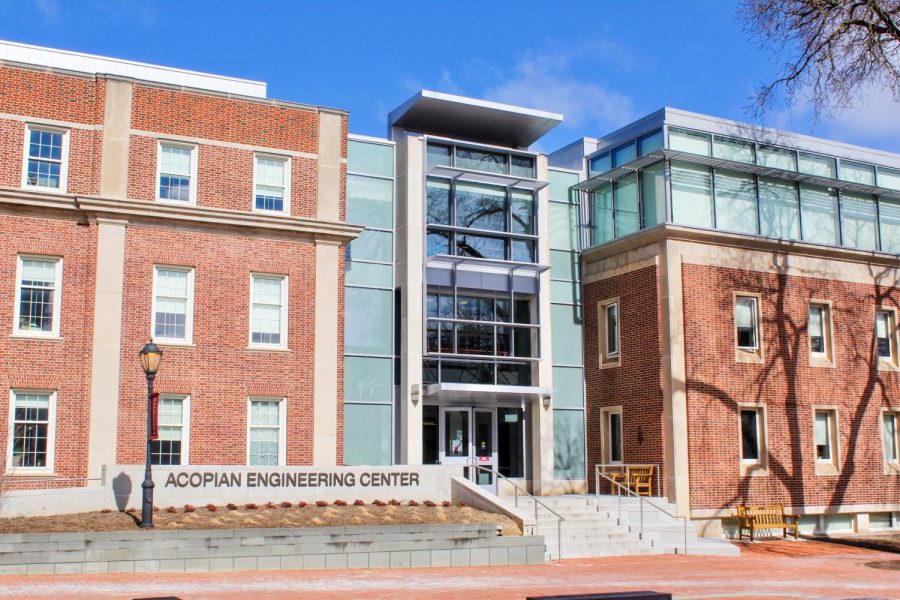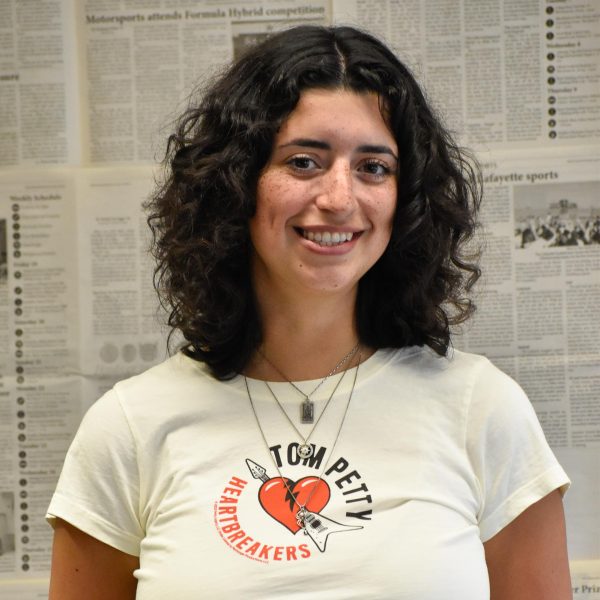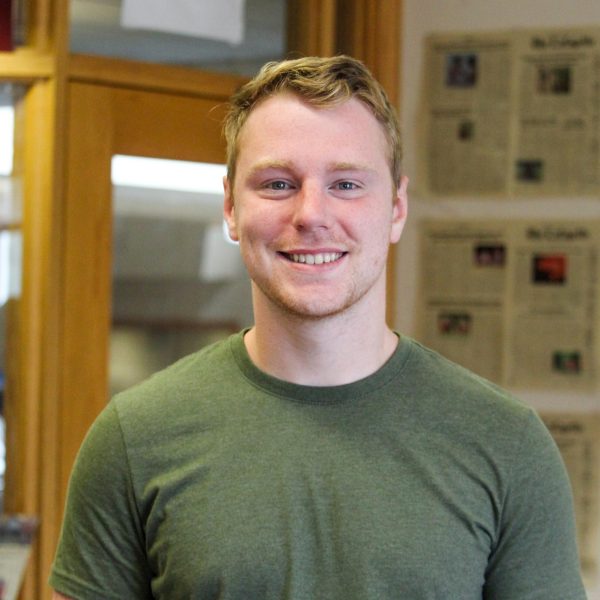There are few classes at Lafayette that invoke the same terror in STEM majors as organic chemistry. Known for its fast-paced and unfamiliar, challenging material, “OChem,” or “orgo,” is STEM’s most notorious alleged “weed-out” class.
A “weed-out” class is an introductory or prerequisite course within a major where the purpose of the class is to remove students who are supposedly unprepared for the effort, time or skills required for their intended major or career. These courses have gained a reputation for having very competitive environments and often lack support from their professors or departments.
Kelsie Bouyer ‘26 is required to take organic chemistry I for her biology major.
“I’m kinda nervous to take it, but I’ve heard really good things about the professors,” she said.
Assistant professor of chemistry, Michael Bertucci, who teaches the course, is keenly aware of the reputation surrounding it.
“I know that [the reputation] exists, and I try my best to spearhead it right at the beginning of class,” he said. “You need to call it out. This is historically a weed-out course … people come into class and they’re scared.”
Along with professors who teach these challenging courses, the Hanson Center for Inclusive STEM Education is one of the many groups working to provide a more supportive atmosphere for students in STEM.
“[The Hanson Center] works with faculty and departments to enhance inclusive teaching and learning, helping to support the incorporation of active learning methods and growth mindsets,” Wendy Hill, director of the Hanson Center, wrote in an email.
Both Bertucci and Hill noted that one of the programs that help students to succeed in organic chemistry and other STEM courses is Supplemental Instruction, a student-led program that helps students with class content and teaches them how to learn.
“My SIs have also been so helpful. Receiving guidance and moral support from people who have been in my shoes as an orgo student is incredibly reassuring,” Shreya Suresh ‘25, who took organic chemistry I last semester, wrote in an email.
While organic chemistry is the more dreaded course within the chemistry department, general chemistry I is also often considered a “weed-out” course. According to Rebecca Miller, a chemistry lecturer, many freshmen may not find themselves as familiar with the fast-paced material as some of their peers and therefore struggle more within the class.
In order to combat this, chemistry 103, a course that covers the same topics as general chemistry I but with a focus on collaborative learning and the development of problem-solving skills, was introduced this past fall semester. Miller taught the class three times a week.
Difficult introductory courses are not just found in the chemistry department, however. One of the more infamous courses within the engineering division at Lafayette is engineering science 231, nature of materials, required for a mechanical engineering degree.
“I’ve heard it’s a ‘weed-out’ class,” Sebastian Vinhais ‘26 said. He is currently enrolled in the course with James Schaffer, professor of chemical and biomolecular engineering.
“[The class] is not now, nor has it ever been, a ‘weed-out’ course at Lafayette,” Schaffer wrote in an email. “I strive to help each student in the class master the course content through lectures and office hours, meeting each at their own level and helping them incrementally improve their understanding.”
Max Adams ‘24 took ES 231 with Schaffer during the spring semester of his freshman year.
“I know a few people that went to engineering studies or just some other major and had to drop the class. [Schaffer] gives as much help as he can, it’s just the material that’s hard,” he said. “Yeah, it’s a hard class, but it depends on the way you learn. If you really pay attention, [and] do a lot to practice the problems, it’s doable.”
While Lafayette offers courses that have gained the reputation of being “weed-out” classes, faculty and staff at Lafayette are working to maintain an encouraging environment to support student success in STEM.
“I’m not here to profess that I’ve solved the problem but I think … we are intentional about trying to change that narrative at least the best that we can here,” Bertucci said.
“Not everybody can get an A, but at the same time, everyone can feel like they have the tools they need to be successful,” he said.
Correction 03/10/2023: A previous version of this article incorrectly said that ES 231 was an environmental science class. The article has been updated to reflect that it is an engineering science class.




























































































































